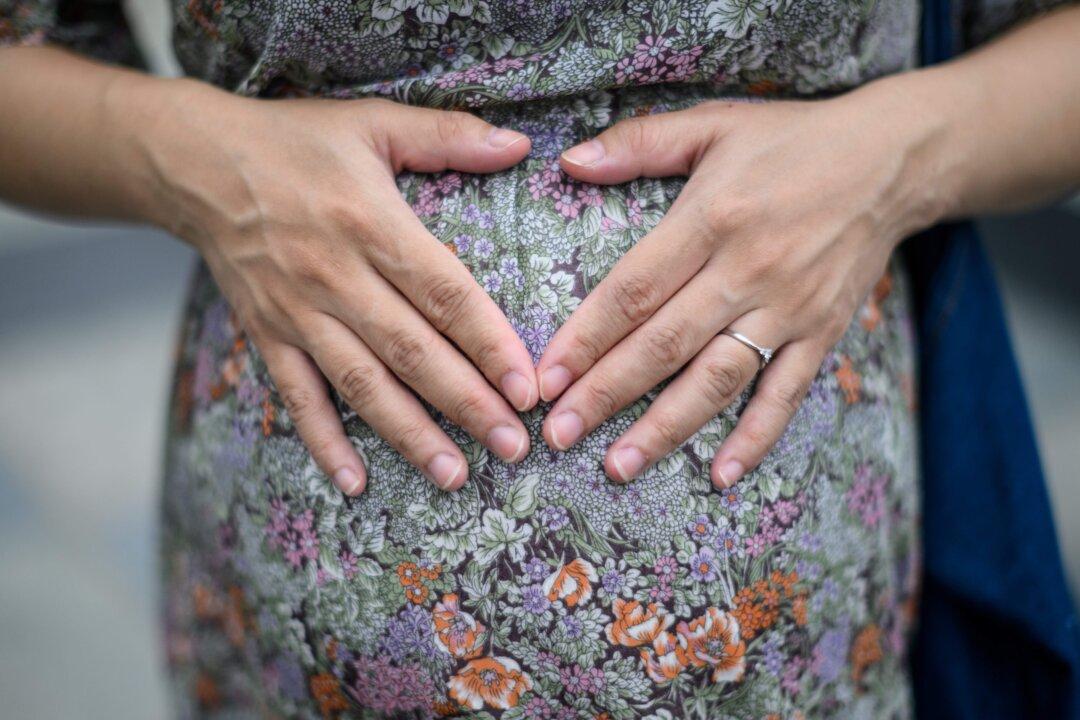The maker of a popular fertility app has been sued for allegedly sending personal data to Chinese analytics firms without users’ consent.
Premom, a digital ovulation tracker owned by Illinois-based company Easy Healthcare Corp., came under scrutiny last year when a privacy watchdog group found that the app on Android devices was sharing data about the user without permission, with three Chinese firms that focus on advertising.





